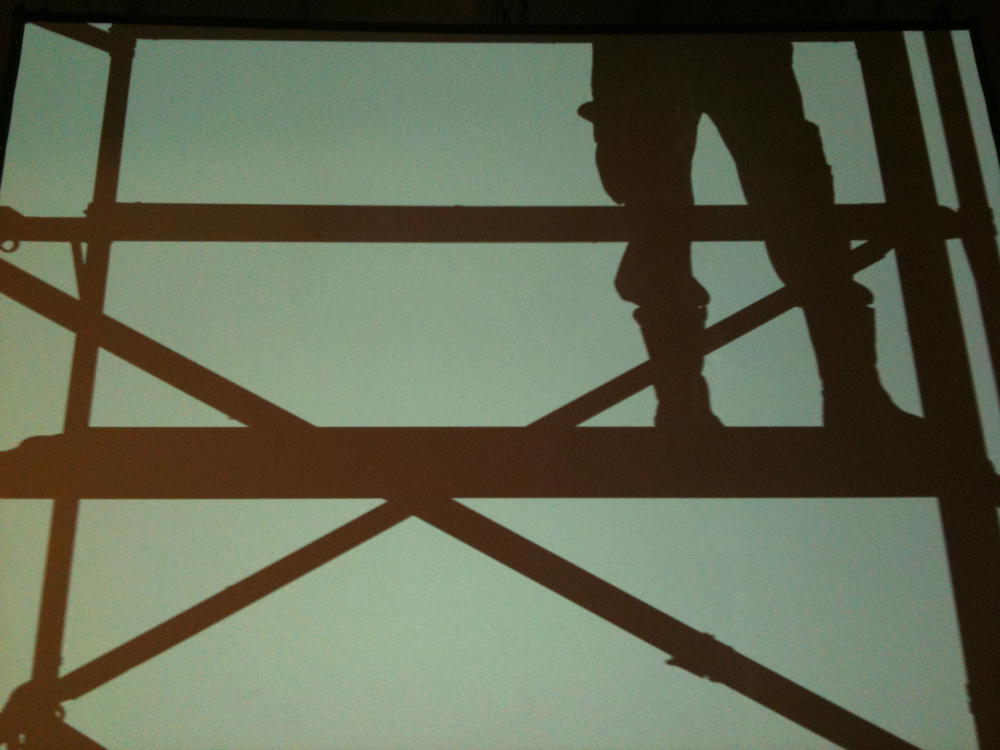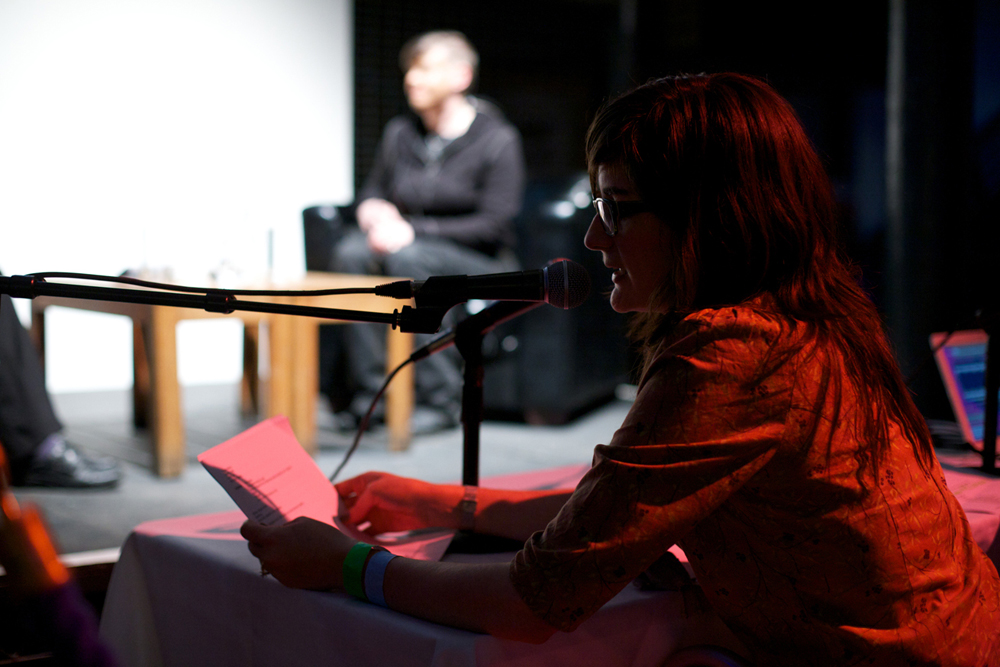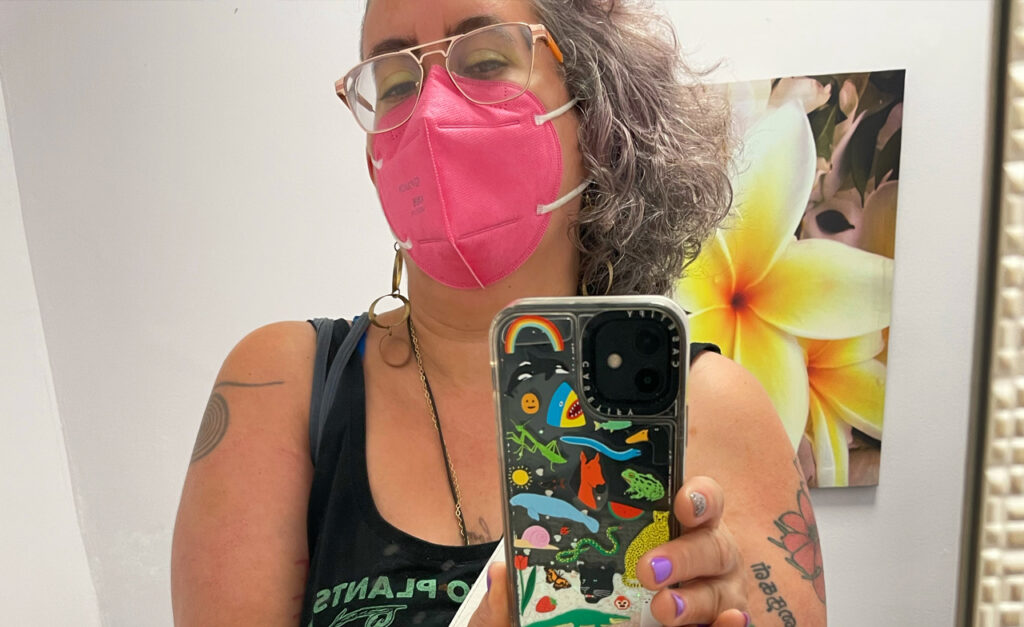
Tetsuya Umeda
Tetsuya Umeda
Umeda is a Japanese artist who is as fascinated in setting up interesting situations to observe, as he is in creating performances.
Arika have been creating events since 2001. The Archive is space to share the documentation of our work, over 600 events from the past 20 years. Browse the archive by event, artists and collections, explore using theme pairs, or use the index for a comprehensive overview.

Umeda is a Japanese artist who is as fascinated in setting up interesting situations to observe, as he is in creating performances.

Trio vocal performance of a score by Achim Wollscheid with Aileen Campbell, Junko and Dylan Nyoukis.

A crash-course in pre-figurative, radical, queer, anti-racist, anti-police, anti-prison, anti-deportation abolitionist politics and trans-resistance.

Smith/Stewart set up allegorical situations over which they often have little to no control, but which instigate explorations of dependence and trust, the body, sex and death.

A series of reality dramas happening over the course of the weekend.
Edinburgh. Beer and smoke befuddled drone/ deadly efforts by Pjorn72 kingpin.

Introducing and setting intentions for a crip grief transformation and witness altar. A place to sit and breathe, remember our dead, wash our hands and leave offerings to and for loved ones we’ve lost – and for ourselves.

Our favourite Lancashire-born autodictact asks what’s political about the tension between the individual and the collective in free jazz.

For day four of Ultra-red’s project, the investigation will take up protocols for listening to the sound of freedom composed and facilitated by Fred Moten.

An audio report for the NATOarts board of directors that seeks to promote global security and stability through the exhibition of works of conceptual art.

Using violin and cello the duo map out a twilight sonic world that seems to tread the faultlines between improvisation and composition.

Underlying radical transfeminism, as an urgent critique of binary essentialism and fixed identities, is the call for a new kind of thinking that can move between and integrate the truths of all lives in their transformations.